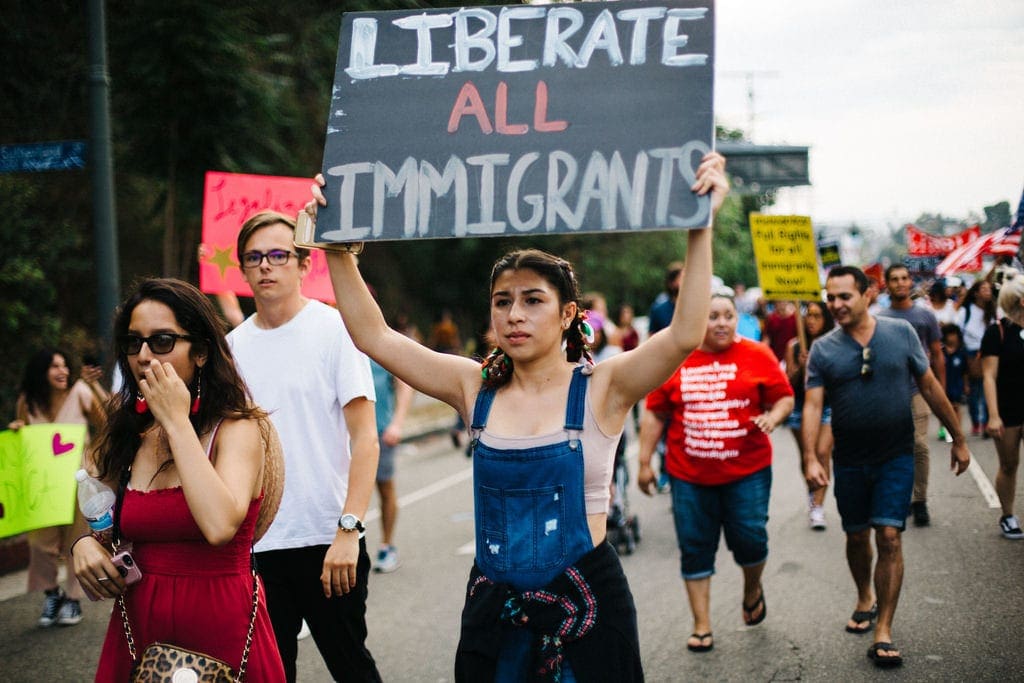Nearly 2,000 children have been separated from their parents at the U.S. border between mid-April and the end of May. This is due to the administration’s decision to prosecute all adults trying to cross the border illegally as criminals.
As National Review reports, the old policy was to “give a free pass to an adult who is part of a family unit.” But under President Donald Trump, that is no longer the case.

With the growing number of families being separated at the border being used by members of both parties to both attack and distance themselves from the president, the media has heavily relied on the heartbreaking images of children watching as their parents are dragged away for a damning narrative against the president. But few if any news outlet looks at this matter for what it is: An unintended consequence of a long-lasting drug war that has devastated Central America.
So as Republicans and Democrats fight, pointing the finger at each other and at the top, they seem to conveniently forget that it’s the U.S. and its war on drugs that has produced so many displaced families. And that the number of children being ripped apart from their families will not decrease so long as the drug war remains in place.
The blame game has already hurt immigration reform talks. Democrats are now refusing to vote for any of the Republican “fixes” to the family separating issue and Trump saying he won’t sign any bill prepared by Democrats, it’s hard to see a quick solution being embraced. In addition, the urgency associated with the current problem appears to be serving as a further divide between pro-wall conservatives and everyone else. Making it more difficult for all parties to find common ground.
So what could Congress (or even Trump) really do to develop a true solution to the problem we now face?
End The Drug War, Stop Gangs From Taking Over Central America
The U.S. accuses Central American countries from not being able to handle their criminals. They say gang and domestic violence are common because Central American law enforcement agencies are incompetent. But what the U.S. fails to disclose is that gang violence is a problem in the first place because drugs are illegal in all countries involved. But most importantly, they are also illegal in America.
With gangs fighting over the North American black market, they became stronger over time. And as cannabis is no longer an illegal substance in much of the country, cartels turn to heroin, meth, and other more potent substances. With a more limited market, the gang fights for control intensify. In Central American countries, that means cartels will also become more aggressive on the ground as they try to assert their control. Locals then suffer, as they are caught between gang fights for power. And what do the ones who survive do as a result? They flee.
While the short-term solution to the issue involving families being separated at the border is to simply stop separating families, the long-term solution is to, finally, bring an end to the drug war. For good. That will lead to an end to these gangs and Central American countries will be given a chance to heal, allowing its citizens to stay and rebuild their communities.

























